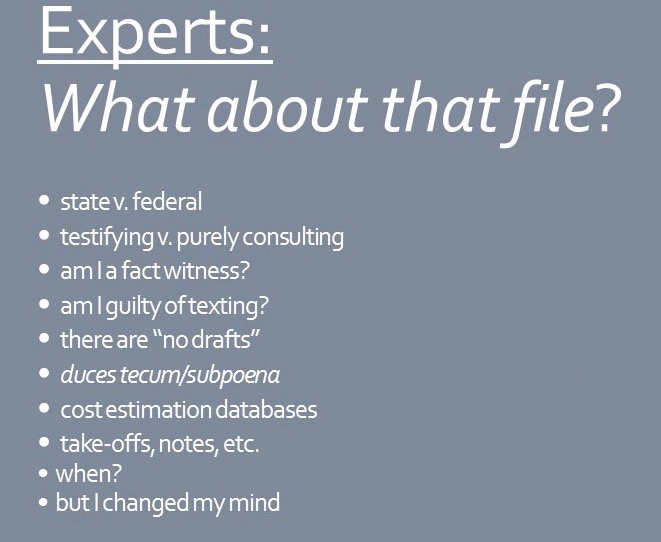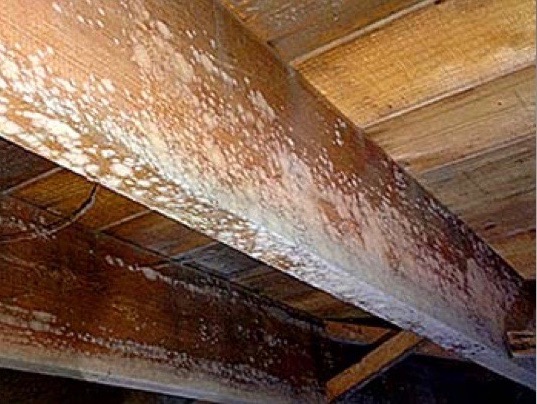

Webmaster: Stansfeld, LLC. |
|
|

OCTOBER 2015 MEETING
Wednesday, October 14, 2015 (1.0 PDH)
TECHNICAL PROGRAM
The Current State of Certification of Merit Law in Texas
Speaker: William E. Morfrey, Zimmerman, Alelrad, Meyer, Stern & Wise, P.C.
A graduate of the University of Illinois (’97) and the South Texas College of Law (’01), Mr. Morfey is currently in his 15th year of legal practice. His work includes a broad range of commercial litigation, arbitration, and trial work. He has handled a number of complex business litigation cases involving issues ranging from partnership disputes and recovery of fraudulently transferred assets to piercing the corporate veil and real estate fraud. One of his favorite areas of practice is construction law. In that context, Mr. Morfey is equally comfortable representing project owners, contractors, or construction professionals. Mr. Morfey constantly strives to obtain practical solutions to his client's legal issues while remaining a tenacious advocate.
 PRESENTATION SUMMARY
PRESENTATION SUMMARY
Chapter 150 of the Texas Civil Practice and Remedies Code, often referred to as the “Certificate of Merit” statute, imposes certain pre-suit requirements upon a plaintiff who wishes to sue a licensed architect, licensed professional engineer, registered professional land surveyor, registered landscape architect, or a firm in which one of those professionals practices. In short, a “certificate of merit” must be filed, which is an affidavit from a professional holding the same license or registration as the defendant, that sets forth the negligence, if any, or other action, error, or omission of the defendant. Although the Texas Legislature made many notable changes to the statute during its initial existence, recent years have seen much less change and (as a result) much more court interpretation.
Recent Texas court cases have shown the following significant aspects of the statute:
- With a very limited exception, a plaintiff that fails to file a certificate of merit with its claim will get its claim dismissed;
- As long as the applicable statute of limitations has not run, a plaintiff can dismiss claims that required a certificate of merit and refile them later to correct any problem (or omission) with the initial certificate of merit;
- While some jurisdictions are more relaxed than others regarding the content of the certificate of merit, more information is usually better than less, and;
- A certificate of merit is only required when the registered/licensed professional is performing work in connection with their special knowledge and training (i.e., claims that don’t implicate the special knowledge and training of the professional don’t require a certificate).
To download a copy of Mr. Morfey's slide presentation, click here
To read a summary of Mr. Morfey’s previous FPA presentations, please click
July 2014 - Standard of Care for Engineers and Other Professionals Working in Texas
July 2010 - Residential Construction Defect Claims - Out with the Old, In with the New
|



